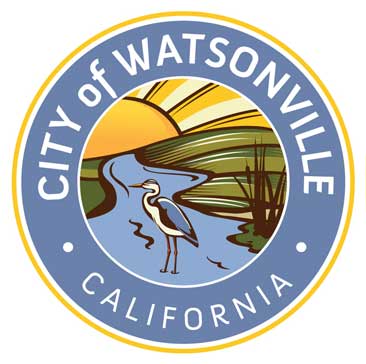WATSONVILLE — Watsonville joined thousands of cities across the globe in support of the Paris Agreement weeks after President Donald Trump announced the United States will be pulling out of the accord.
In late 2015, nearly 200 nations adopted the Paris Agreement in what is called the first global pact to fight climate change. Among other things, the agreement aims to keep global temperatures from rising another degree Celsius (1.8 Fahrenheit) between now and 2100.
Citing “unfair environmental standards” for U.S. businesses, Trump announced on June 1 that the U.S. would withdraw from the climate accord.
Shortly after, mayors from 7,400 cities across the planet pledged support for the agreement in an alliance called the Global Covenant of Mayors.
On Tuesday, the Watsonville City Council, on the consent agenda, agreed to uphold the goals of the Paris Agreement.
City Manager Charles Montoya said Watsonville is continuing to look for ways to reduce its carbon footprint and invest in more green technology.
“With this acknowledgement, the city is reaffirming our commitment to continue for us, our children and the environment,” he said.
In February 2015, the city council approved the Climate Action Plan, which sets goals to provide pedestrian and bicycle-friendly neighborhoods, increased transportation options, improved energy efficiency, reduced waste, increased recycling and protection of open space.
Councilwoman Rebecca Garcia, who requested the item be put on the council’s agenda, said supporting the Paris Agreement highlights the implementation of the Climate Action Plan.
“The residents of Watsonville need to understand that climate change affects our health and it is also a social justice issue,” she said.
The Santa Cruz County Board of Supervisors also vowed to continue to fight climate change in the face of Trump’s announcement.
In 2013, the board approved the Climate Action Strategy, which sets greenhouse gas reduction targets that exceed the United States’ commitments under the Paris Agreement, according to county spokesman Jason Hoppin. Among other goals, the Climate Action Strategy aims to reduce emissions in the county to 59 percent below 2009 levels by 2050.
“For many decades, Santa Cruz County has been a leader in environmental stewardship and protection,” Supervisor Ryan Coonerty stated in a press release. “With climate change threatening our environment, our economy and our way of life, doing nothing is not an option.”
The Board of Supervisors agreed to become part of the “We Are Still In” coalition, which includes more than 180 cities and counties across the U.S.














